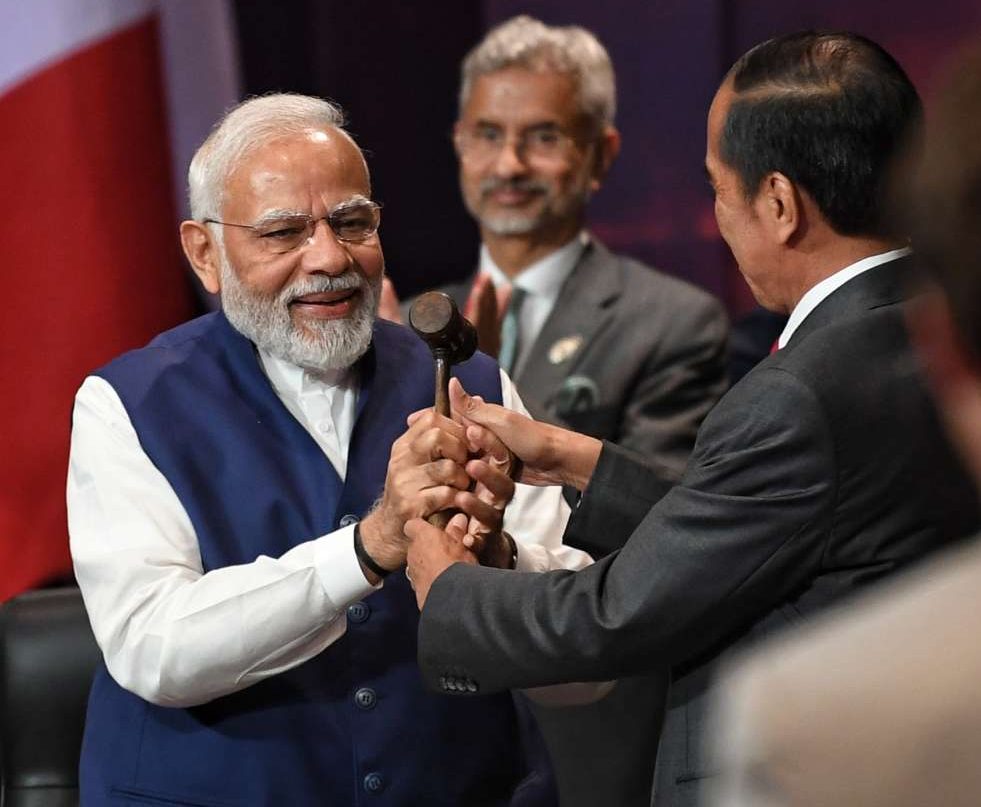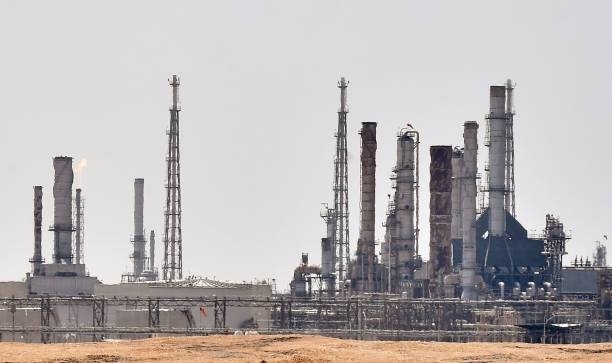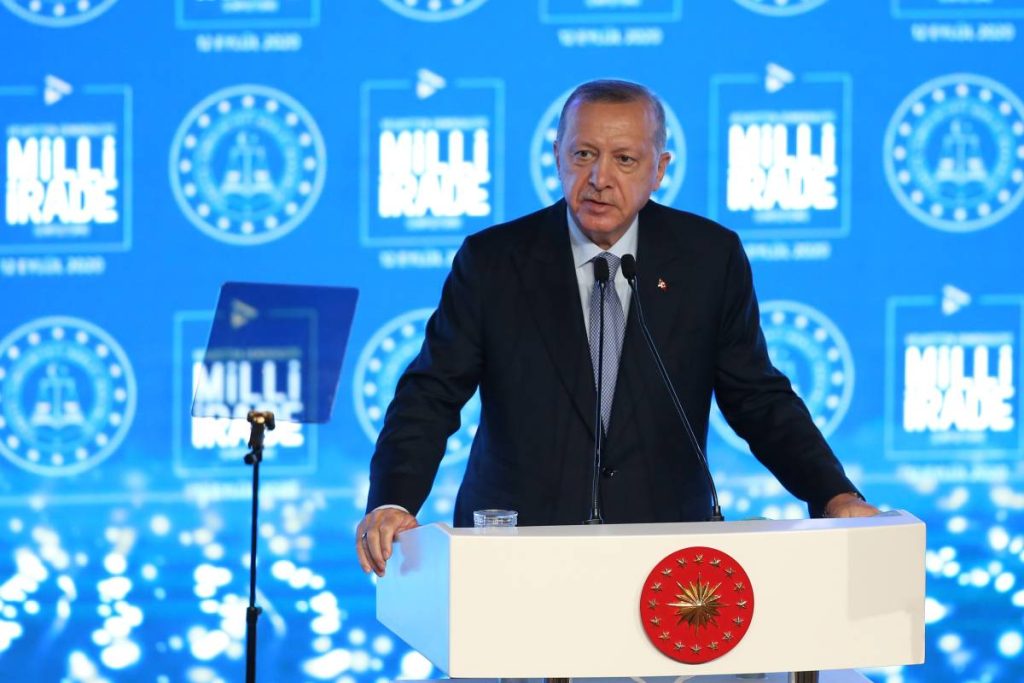The external affairs ministry’s allocations for 2023-24 was 4.64% higher than the outlay for 2022-23, and 6.34% more than the actual expenditure in the current fiscal…reports Asian Lite News
India has allocated ₹990 crore for the G20 presidency in the 2023-24 budget presented on Wednesday while retaining an outlay of ₹100 crore for Iran’s Chabahar port, signalling the importance of the facility in regional connectivity efforts.
Bhutan, a close partner of India, was the biggest beneficiary of New Delhi’s external aid, and was allocated ₹2,400 crore out of the total outlay of ₹5,408 crore as assistance for foreign countries during the next fiscal. The government made an allocation of ₹400 crore for the Maldives, a key part of India’s “Neighbourhood First” policy, ₹200 crore for Afghanistan.
A specific allocation of ₹1,002.78 crore was made for 2023-24 for commitments towards issuing e-passports and implementing the Passport Sewa Project V2.0 to usher in technological upgrades in passport services.
The external affairs ministry’s allocations for 2023-24 was ₹18,050 crore, or 4.64% higher than the outlay of Rs. 17,250 crore for 2022-23, and 6.34% more than the actual expenditure of ₹16,972.79 crore in the current fiscal. People familiar with the matter said the increase was aligned with foreign policy objectives and the country’s expanded development partnerships.
The outlay of ₹990 crore for the G20 presidency reflects the significance attached to the forum for global economic cooperation, which represents more than 75% of worldwide trade. India’s presidency of the grouping of 20 largest economies began last December and will culminate with the G20 Summit in September, which will be the largest international gathering hosted by the country in recent decades. India will host some 200 meetings as part of the G20 process.
With India also currently the chair of the Shanhgai Cooperation Organisation (SCO), a specific allocation was made for hosting meetings of the grouping of eight nations.
The outlay for Chahbahar port, where a terminal is being operated by state-run India Ports Global Limited, has been maintained at ₹100 crores, the same level as the current and previous fiscal years. The people said this reflects the focus on connectivity projects, including the International North-South Transport Corridor. India has committed grant aid of $85 million and a credit facility of $150 million for developing Shahid Beheshti terminal at Chabahar port, for which the US granted a special waiver from sanctions imposed on Iran.
In line with the Neighborhood First policy, the largest share of India’s aid portfolio – or 41.04% of the total development assistance – has been allocated to Bhutan. The outlay of ₹2,400 crore, however, is slightly lower than the actual expenditure of ₹2,500 crore in 2022-23.
The enhanced allocation of ₹400 crore as aid to the Maldives, up from ₹360 crore in the current fiscal, was made to fund infrastructure projects such as the Uthuru Thila Falhu harbour project and Greater Male connectivity project.
The development partnership portfolio accounted for 32% of the total allocation for the external affairs ministry. Other key beneficiaries were Nepal ( ₹550 crore), Mauritius ( ₹460 crore), Myanmar ( ₹400 crore), Afghanistan ( ₹200 crore), Bangladesh ( ₹200 crore) and Sri Lanka ( ₹150 crore). There was also an outlay of ₹250 crore for African countries.
The outlay for Afghanistan was lower than the actual expenditure of ₹350 crore in the current fiscal. The people said this figure included humanitarian aid provided last year in the wake of the Taliban takeover of Kabul, including 40,000 tonnes of wheat, medicines and vaccines. The current allocation signals the continuation of India’s special relationship with the Afghan people and the unwavering commitment to them, the people said.
An allocation was been to fund the Global Innovation Partnership (GIP) launched by India and UK in April 2022. This partnership aims to facilitate the transfer and scaling up of sustainable, climate-smart innovations from India to developing countries.
An enhanced allocation was made for e-Migrate version 2.0 for technological upscaling of services to an increasing number of workers going out of the country, issuing online Emigration Clearance (EC), and fostering end-to-end links between workers, foreign employers and clearance systems.
Former ambassador Vishnu Prakash described the outlays for development aid and foreign projects as “very appropriate”. He said, “These allocations reflect the weight of India and its growing footprint around the world. We have to walk the talk. The outlays have gone up with the availability of resources, but even earlier, we were always reaching out to our neighbours.”
ALSO READ-Reforming multilateral banks discussed at first G20 Finance Meeting












